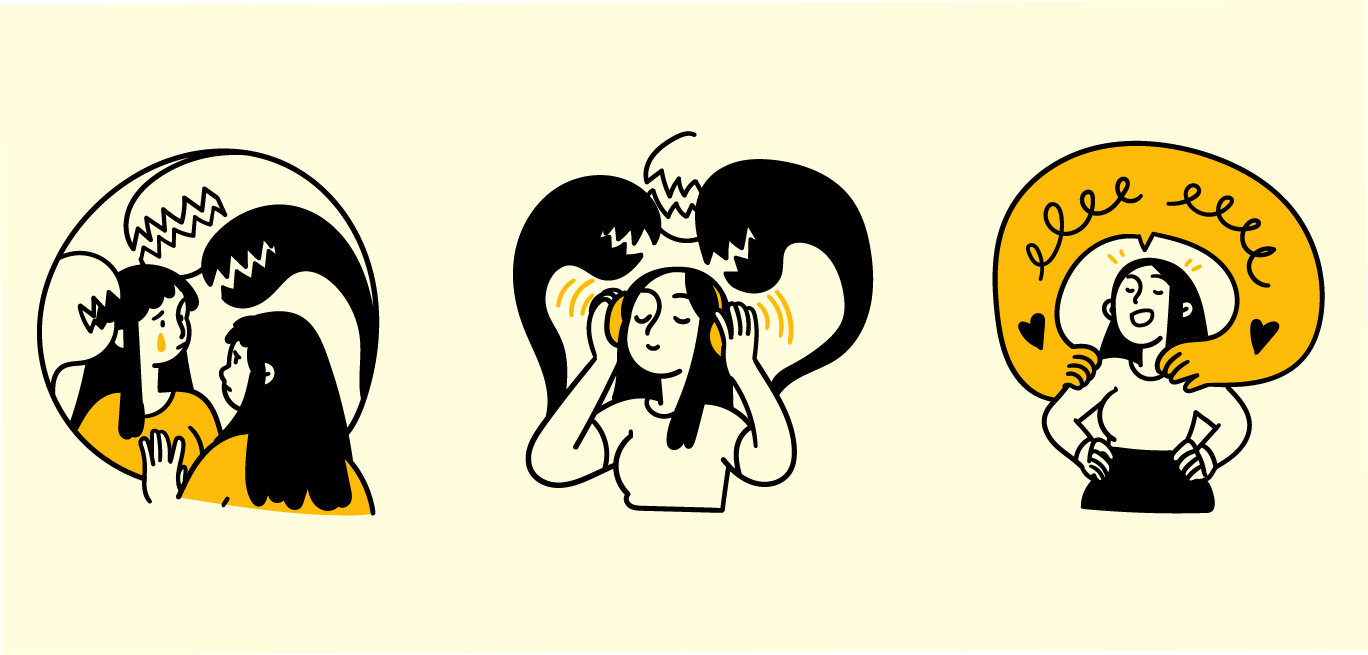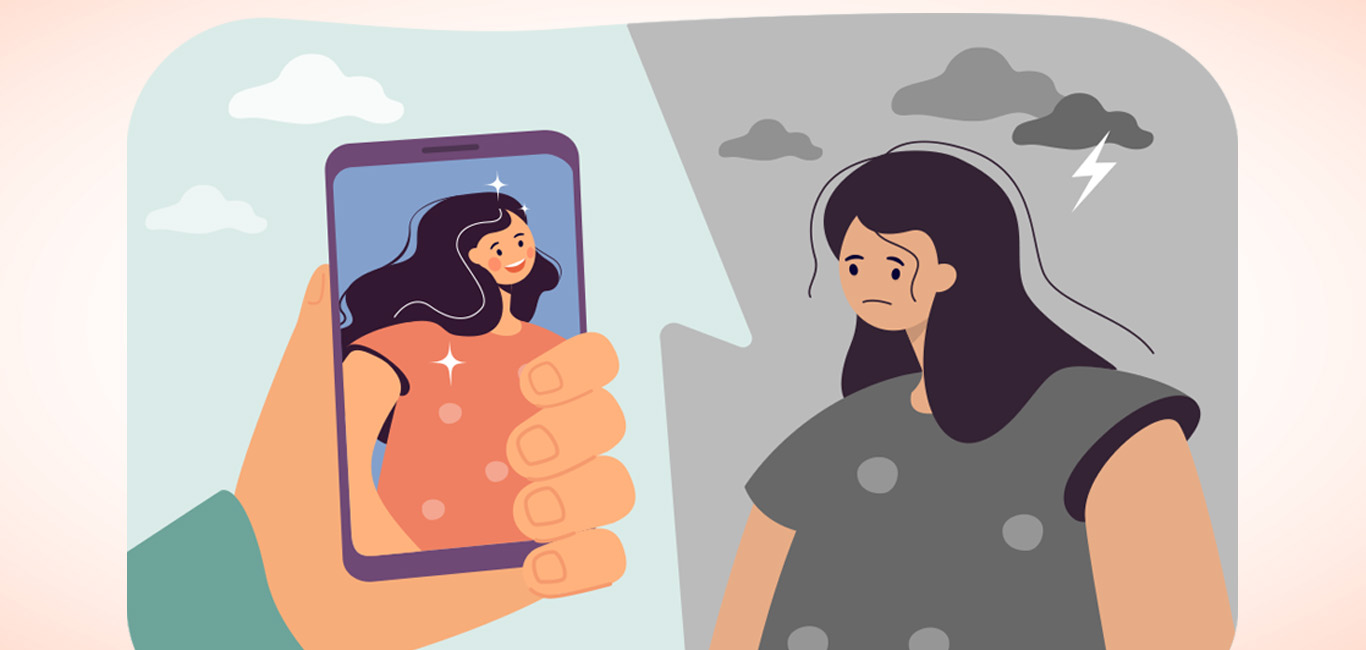
Financial loss, poor performance at school or work, trouble in relationships, and heartbreaks – these are factors that can pull us down emotionally and can lead us into the trap of harsh self-judgement.
The downside of engaging in excessive self-criticism can have negative effects on our mental health. A harsh look at oneself increases stress hormones in the body.
The “sting” of self-criticism can be so intense that it can stop us from learning and being resilient in times of failure, according to a May 2014 study published in Stanford Medicine.
Excessive self-criticism has also been linked to mental difficulties. A 2019 review of literature led by researcher Antonia M Werner correlates self-criticism to psychopathologies including depressive symptoms, psychotic symptoms, social anxiety, eating disorders, and personality disorders. It concludes that self-criticism can negatively impact our mental health and is a contributing factor in various mental health challenges.
Self-compassion to tackle negative self-talk
That is where compassion towards oneself comes in. Instead of berating ourselves for our perceived shortcomings, self-compassion encourages us to approach ourselves with understanding and empathy, just as we would with a close friend.
“I was always doubting myself and beating myself up for the simplest of things. This habit led to depression,” says Sulochana Deokota, a 22-year-old college student in Bengaluru. She then sought help and went into therapy. “My counsellor showed me the path of self-care. It’s not expensive clothes or make-up. For me, it was taking care of simple things in life. Eating on time. Sleeping on time. Exercising.”
She agrees that it was self-compassion and self-love that “saved” her.
According to Jack Kornfield, a writer and teacher in the Vipassana movement in American Theravada Buddhism who trained as a Buddhist monk, people mentally beat themselves up thinking it will make them a better person. But it is seldom that. It only leads to self-doubt and affects mental health.
Self-compassion comprises three things:
- Mindfulness: Observe your negative emotions. Dr Sudeeptha Grama, counsellor and founder of Bengaluru-based mental health help centre The Coffee Shop Counsellor, says one should keep aside some time to do this every day.
- Common humanity: We are all humans, we all suffer. Acknowledge this fact that it is all part of the human experience, Dr Grama says.
- Kindness to oneself: Become aware of your negative self-talk and replace it with a kinder view of yourself. Developing self-compassion
Be aware of your self-talk. How you `talk’ to yourself when alone matters, says Umang Sheth, change enabler and founder of Gay Bombay, the Hugging Club of India.
Elaborating on self-talk he says, “If somebody tells you that you are not pretty, one way to react to it is ‘Oh god, why did you make me like this? I am a loser, I’m unfortunate.’ Another way to think is – `Maybe I’m not fitting into the other person’s definition of good-looking. I am somebody else.’ If you understand this, you are free. There is no suffering.”
Grama suggests these common methods to practise self-compassion:
- Treat yourself like a friend: “Whenever you see yourself indulging in negative self-talk, ask yourself, would your good friend talk to you the same way? Be compassionate and kind in your self-talk.”
- Practise saying affirmations. Saying words like `I love myself’ and `I will treat myself kindly’ build self-compassion.
- Soothe yourself: Use self-soothing gestures when you are self-critical.
In his book ‘Self-Compassion’, Dr Kristin D Neff lists the many benefits of self-compassion:
- Happiness
- Optimism
- Wisdom
- Personal initiative
- Curiosity and exploration
- Agreeableness
- Conscientiousness
- Extroversion
Benefits of being kind to oneself
A 2020 study published in the Journal of Affective Disorders states that compassionate living reduces depressive symptoms. After people learnt to be self-compassionate, the health benefits lasted for six months.
Korner et al‘s 2015 study found a correlation between depression and low levels of self-kindness and mindfulness, along with increased feelings of isolation, self-judgement and over-identification. Conversely, high levels of self-compassion were linked to reduced depression.
“Self-love is not selfish nor is it about indulgence. Self-love is about developing good habits, practicing sleep hygiene, eating even when one doesn’t feel like it, taking care of oneself when one is sick. It’s about upholding boundaries while also being kind to those around us,” wraps Dr Shraddha Deokota, community medicine, Sikkim Manipal University, Gangtok.

















